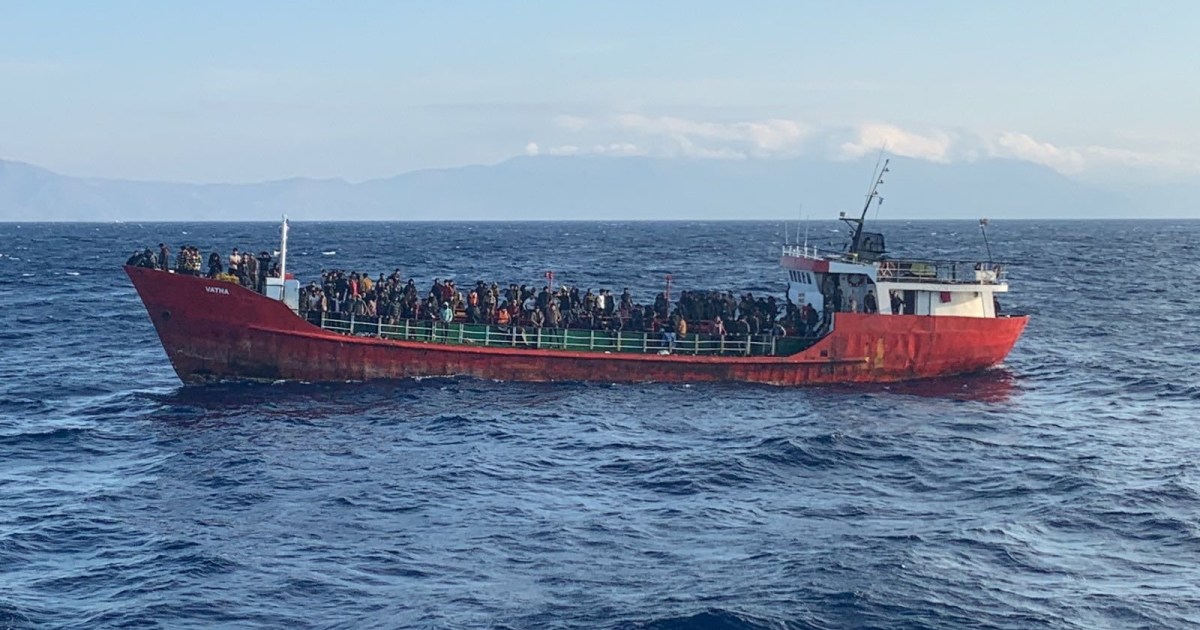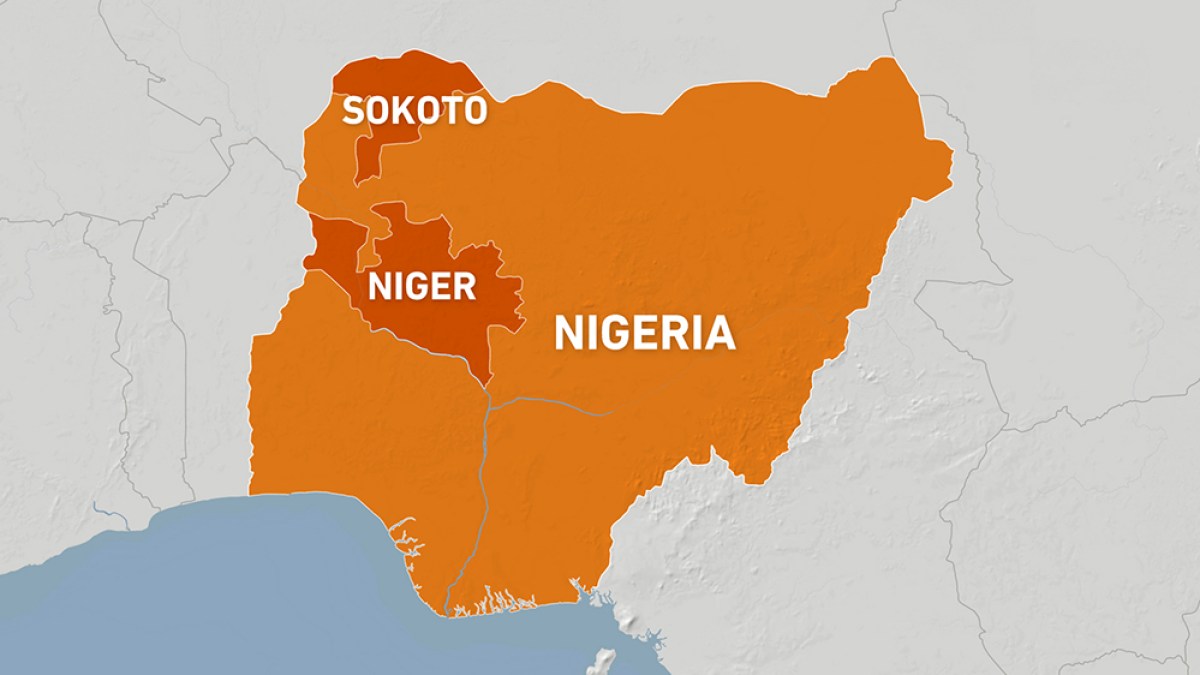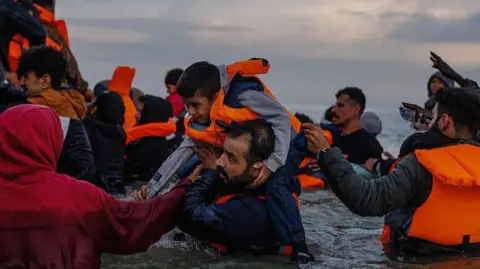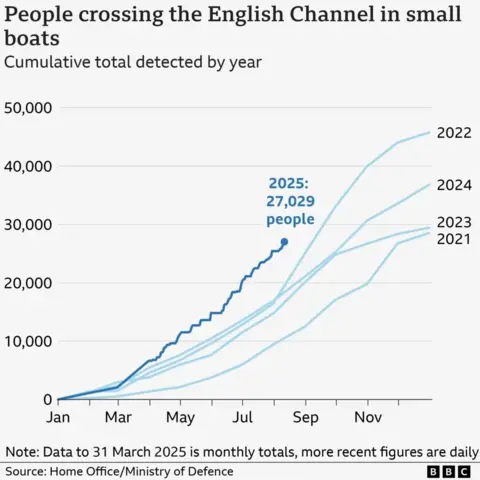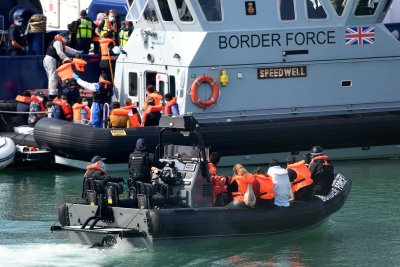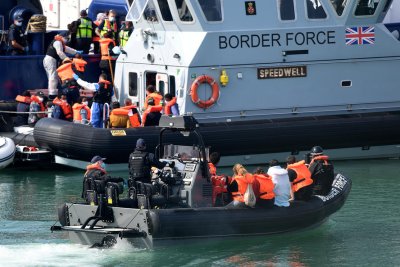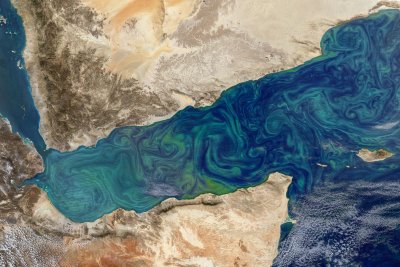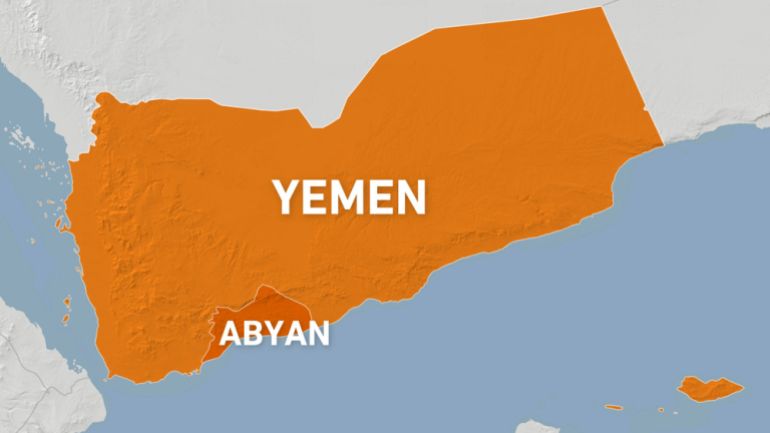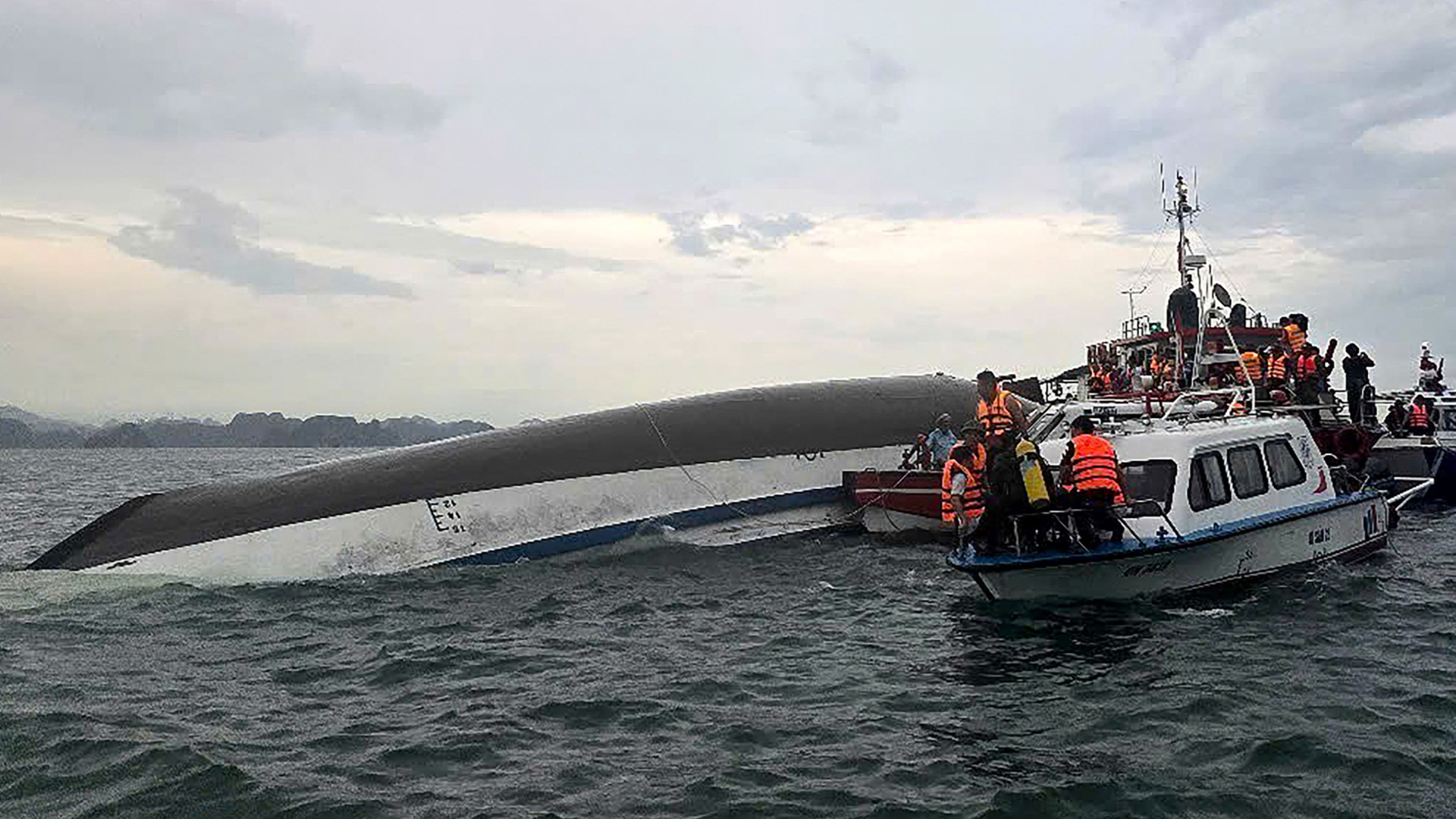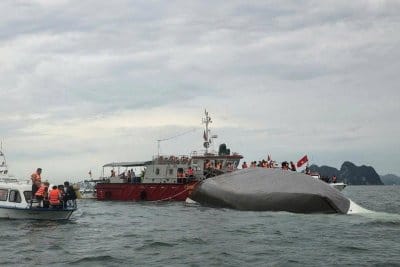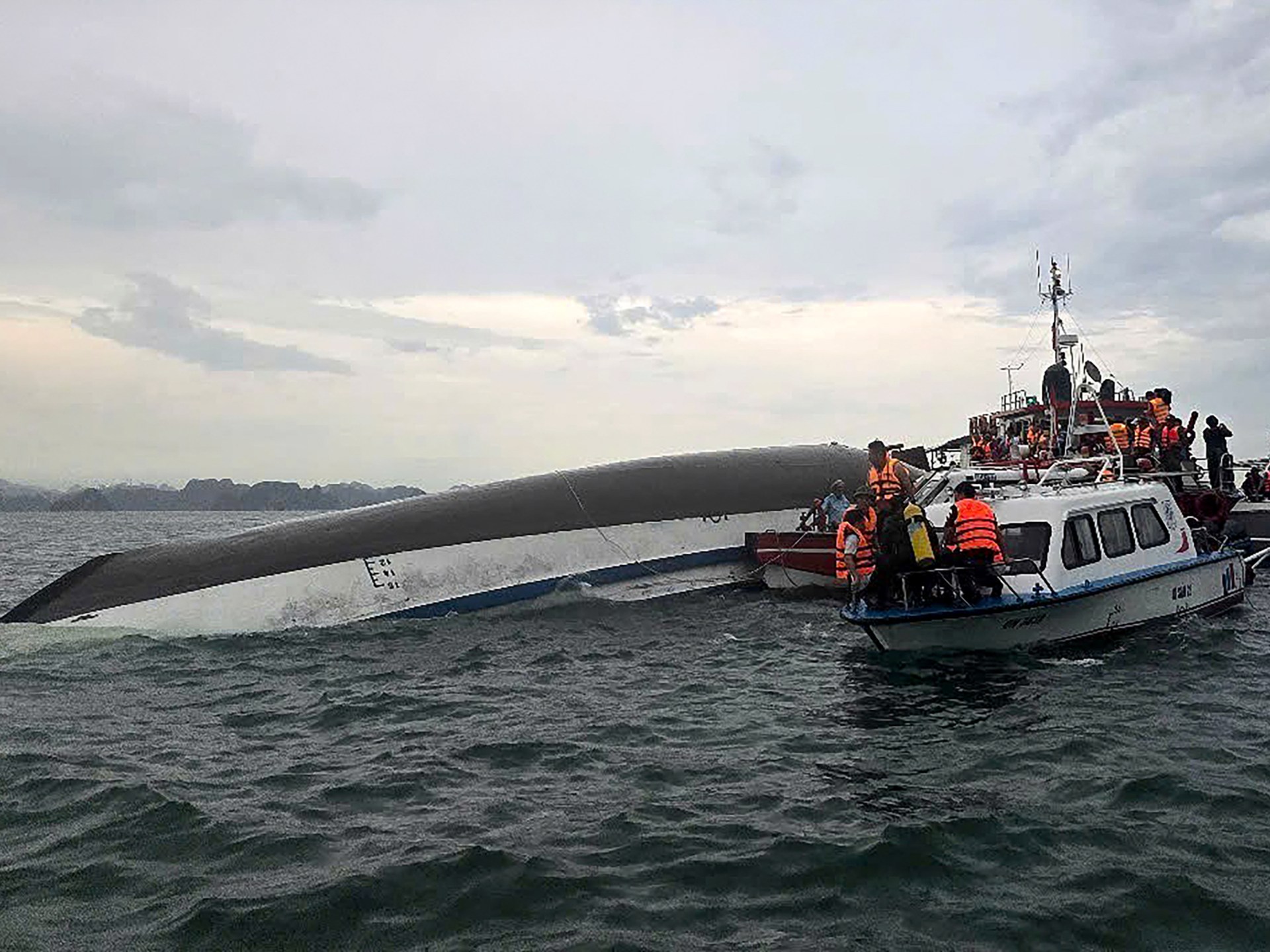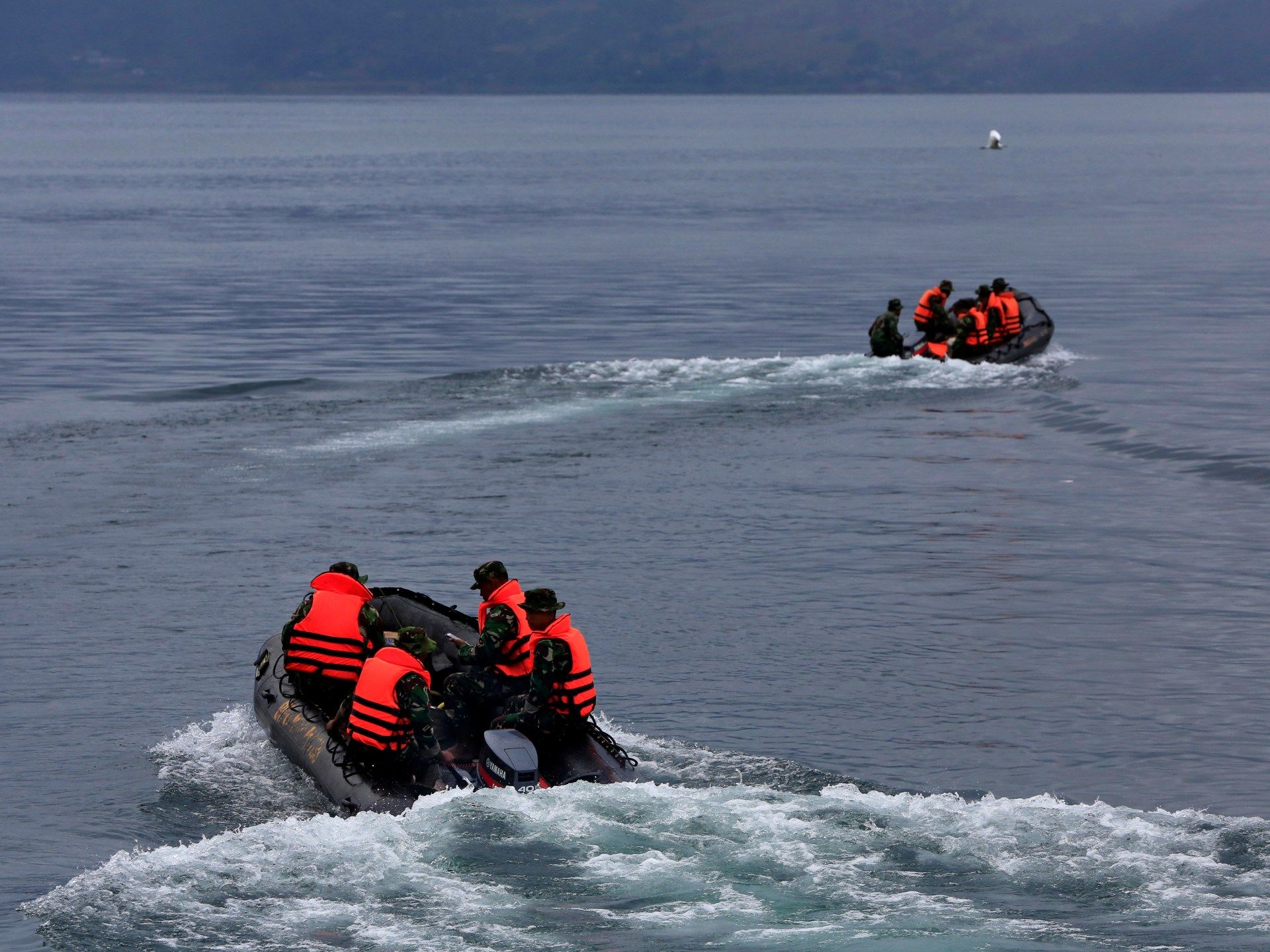Greece’s Crete sees surge in boat arrivals despite harsher detention policy | Migration News
Greece has suspended processing of asylum applications from people arriving by sea from North Africa since July.
More than 120 refugees and migrants have been intercepted off the island of Crete, according to Greek authorities, the latest in a series of arrivals of people making perilous journeys to Europe from North Africa despite a suspension of asylum claims and a concerted push for tougher detention rules.
Two boats, carrying 58 and 68 people and believed to have departed from Libya, were stopped on Monday, and their passengers were placed under guard at temporary shelters. More than 100 other refugees and migrants arrived on Crete over the weekend after strong winds eased.
Greece’s conservative government last month suspended all asylum claims for migrants arriving by sea from North Africa, a move it argued helped deter crossings that peaked in July at more than 2,500 in a single week.
The ban passed in parliament amid a surge in asylum seekers reaching Crete and after talks with Libya’s Benghazi-based government to stem the flow were cancelled acrimoniously in July.
It also marked a further hardening of Greece’s stance towards refugees and migrants under Prime Minister Kyriakos Mitsotakis’s government, which has built a fence at its northern land borders and boosted sea patrols since it came to power in 2019.
The government remains at odds with regional authorities in Crete over a plan to build a permanent transit facility on the island. It is preparing draft legislation that would mandate imprisonment for people whose asylum claims are denied and require ankle monitors during a 30-day compliance period before deportation.
Earlier this month, at least 26 people died after two boats sank off the southern Italian island of Lampedusa.
That disaster, also involving people travelling from Libya, was the latest to befall refugees and migrants making the perilous Mediterranean crossing from Africa to Europe.
Rights groups and United Nations agencies have also documented systematic abuse against refugees and migrants in Libya, including torture, rape and extortion. In February, Libyan authorities uncovered nearly 50 bodies from two mass graves in the country’s southeastern desert, in the latest horror involving people seeking to make it to Europe through the North African country.
Since the beginning of this year, 675 people have died in the central Mediterranean while trying to make the crossing, Filippo Ungaro, a spokesperson for the UN High Commissioner for Refugees in Italy, recently said.
